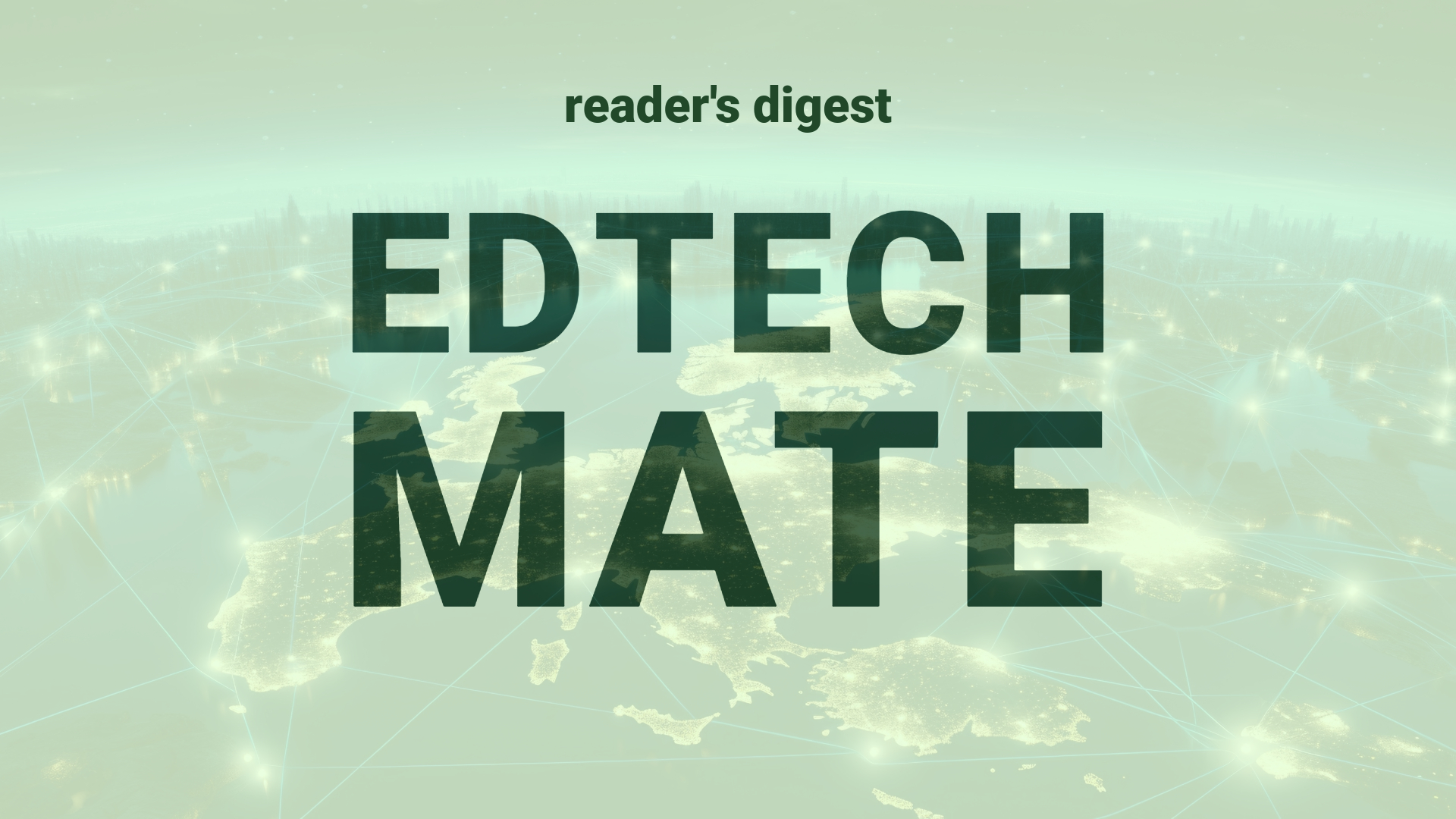Executive Summary and Main Points
Recent discussions led by consulting expert Amy B and her guests have shone a light on the transition from individual contributor roles to strategic management within organizations. Formerly hands-on professionals are now charged with the holistic oversight of teams and projects, emphasizing the need to avoid micromanagement. This shift requires fostering a culture of accountability and empowering team members. Integral resources include contributions by Lia Garvin, who offers insights from her tenure at Google and through her literature on team dynamics.
Potential Impact in the Education Sector
The recommendations from these expert discussions could have a profound effect on the education sector—specifically Further Education and Higher Education institutions navigating the increasing digital landscape. By adopting a more strategic approach, education leaders can avoid the pitfalls of micromanagement. Schools, colleges, and universities could benefit from improved project management and increased accountability, ensuring that visions for digital transformation and micro-credential offerings are met through strategic partnerships and the upskilling of staff.
Potential Applicability in the Education Sector
AI and digital tools present innovative avenues for management within global higher education systems. Automated platforms can aid in project tracking, while AI-driven analytics can forecast the need for interventions, allowing managers to set clearer expectations. Additionally, AI can be utilized to personalize learning and professional development, further enhancing team capabilities in an educational setting and providing support as leadership teams move away from direct engagements towards strategic oversight.
Criticism and Potential Shortfalls
While the shift to strategic management has merits, potential shortfalls include the potential for disconnection between administrators and core educational operations, and the one-size-fits-all advice may not translate across diverse international educational contexts. Ethical and cultural considerations, such as disparate access to technology and varying governance structures, must be acknowledged. Real-life case studies confirm that the balance between strategic oversight and ground-level engagement is nuanced, requiring localized understanding for effective application.
Actionable Recommendations
For education leaders aiming to implement these technologies, the following steps are recommended: conduct thorough needs assessments to understand the specific challenges and opportunities within their institutions, focus on professional development that leverages AI and digital tools for strategic management training, and develop internal communications strategies to ensure clear expectations and alignment with institutional goals. Leaders should actively engage in international networks and forums to understand best practices and ensure ethical and cultural contexts are considered in strategy formulation and deployment.
Source article: https://hbr.org/podcast/2024/06/how-to-manage-getting-out-of-the-weeds

